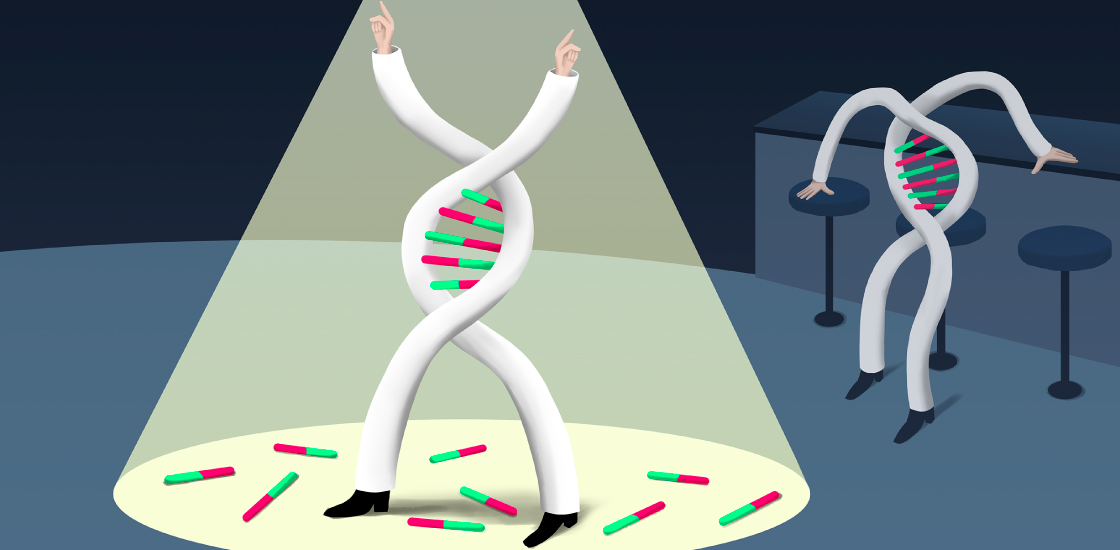Stormy Chamberlain is associate professor of genetics and genome sciences and associate director of the Graduate Program in Genetics and Developmental Biology at the University of Connecticut School of Medicine.

Stormy Chamberlain
Associate professor
University of Connecticut
From this contributor
Angelman syndrome’s silent gene points way forward for autism therapies
Advances in research and help from families have brought scientists to the brink of an effective therapy for Angelman syndrome.

Angelman syndrome’s silent gene points way forward for autism therapies
For accurate results in autism, genetic databases need diversity
We must diversify databases of reference DNA to improve our ability to interpret the consequences of genetic variation.

For accurate results in autism, genetic databases need diversity
Explore more from The Transmitter
Xiao-Jing Wang outlines the future of theoretical neuroscience
Wang discusses why he decided the time was right for a new theoretical neuroscience textbook and how bifurcation is a key missing concept in neuroscience explanations.
Xiao-Jing Wang outlines the future of theoretical neuroscience
Wang discusses why he decided the time was right for a new theoretical neuroscience textbook and how bifurcation is a key missing concept in neuroscience explanations.
Memory study sparks debate over statistical methods
Critics of a 2024 Nature paper suggest the authors failed to address the risk of false-positive findings. The authors argue more rigorous methods can result in missed leads.

Memory study sparks debate over statistical methods
Critics of a 2024 Nature paper suggest the authors failed to address the risk of false-positive findings. The authors argue more rigorous methods can result in missed leads.
Attention not necessary for visual awareness, large study suggests
People can perceive some visual information even if they do not pay direct attention to it.

Attention not necessary for visual awareness, large study suggests
People can perceive some visual information even if they do not pay direct attention to it.